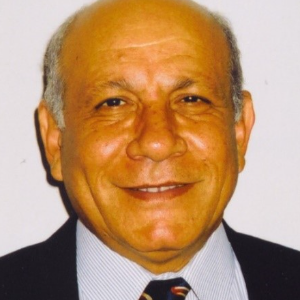Oilfield telecommunications play a crucial role in the oil and gas industry, facilitating reliable and efficient communication across vast and often remote exploration and production sites. These communication networks connect various components of the oilfield, including drilling rigs, wellheads, production facilities, and corporate offices, enabling seamless data exchange and operational control. The integration of advanced telecommunications technologies, such as satellite communication, fiber optics, and wireless networks, ensures connectivity in challenging environments. Real-time data transmission is essential for monitoring well conditions, controlling equipment remotely, and making informed operational decisions. Telecommunications systems also support safety protocols, emergency response, and worker welfare by enabling effective communication in the field. SCADA (Supervisory Control and Data Acquisition) systems, often integrated with telecommunications, provide centralized monitoring and control of oilfield operations. In addition to voice and data communication, oilfield telecommunications support technologies like video surveillance, IoT devices, and sensor networks for comprehensive monitoring. Advanced cybersecurity measures are implemented to safeguard critical data and infrastructure from potential threats. The ongoing evolution of 5G technology is expected to bring higher bandwidths and lower latency, further enhancing the capabilities of oilfield telecommunications. These communication networks contribute to operational efficiency by reducing downtime, optimizing production, and supporting collaborative decision-making. As the industry moves towards digitalization and the adoption of smart oilfields, robust and secure telecommunications infrastructure becomes increasingly integral to the success and sustainability of oil and gas operations.

Anthony J Sadar
Environmental Science Communication, LLC, United States
Selim Sanad Shaker
Geopressure Analysis Services, United States
Sharma Dronamraju
AKD Professional Solutions Inc., United States
Ross Cygan Taylor
North Sea Transition Authority, United Kingdom
Saleh Alqahtani
Saudi Aramco, Saudi Arabia
Abdulrahman Bahashwan
Saudi Aramco, Saudi Arabia



Title : The Vacuum Insulated Heatable Curtain (vihc): From conceptual invention to market deployment as a cost-effective dual solution for window heat loss reduction and localised radiant comfort
Saim Memon, Sanyou London Pvt Ltd, United Kingdom
Title : Transforming waste plastic into hydrogen: Progress, challenges, and future directions in pyrolysis-based integrated pathways
Nur Hassan, Central Queensland University, Australia
Title : Unlocking UKCS potential through collaborative well interventions
Ross Cygan Taylor, North Sea Transition Authority, United Kingdom
Title : Driving excellence in marginal field development and operations through an integrated smart strategy to unlock challenging sour oil
Sharina Al Muhairi, ADNOC Onshore, United Arab Emirates
Title : Innovative solutions for accurate and efficient gas monitoring
Raysa Bani Ibrahim, Abu Dhabi National Oil Company, United Arab Emirates
Title : Innovative solutions for accurate and efficient gas monitoring
Mariam Alzaabi, Abu Dhabi National Oil Company, United Arab Emirates